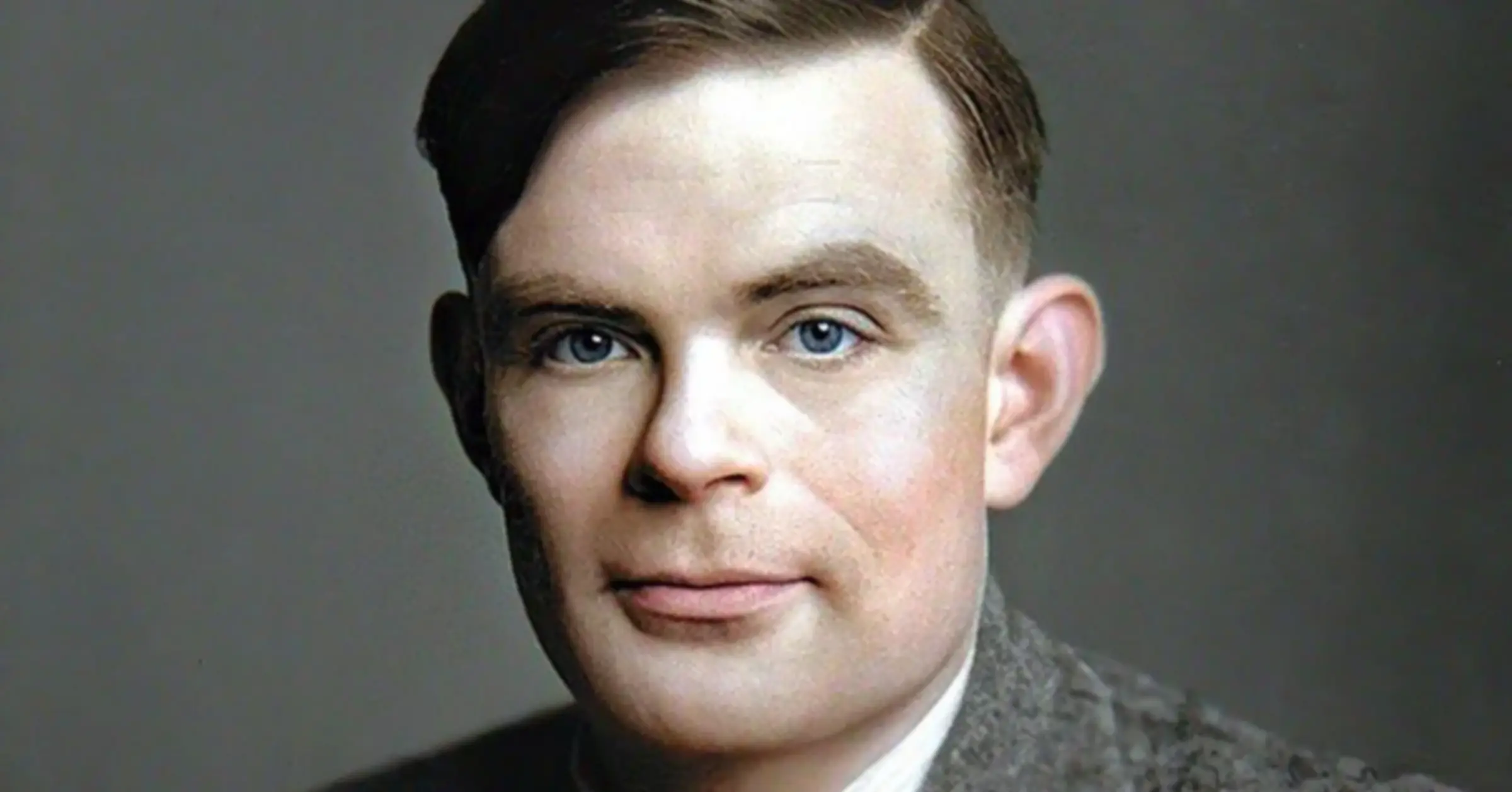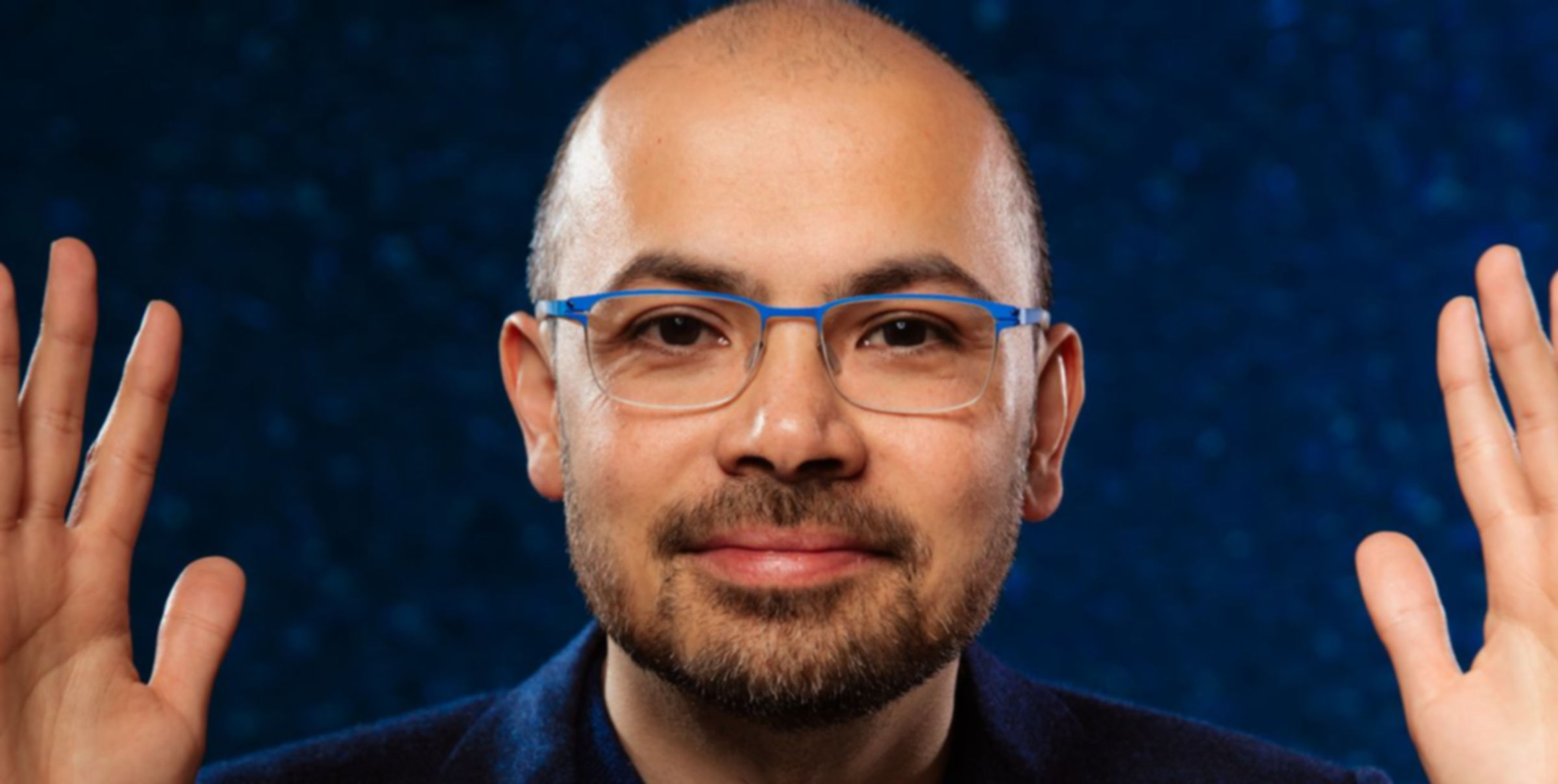Have you ever heard the term 'Father of AI' or 'Godfather of AI' and wondered who they are talking about? The journey of AI is not a story of a single champion; rather, it is a relay race of intellects, each handing off the baton of innovation. The last century has seen a tapestry of unique thinkers whose collective genius has shaped today's AI marvels - from ChatGPT to the complex algorithms suggesting your next online purchase.
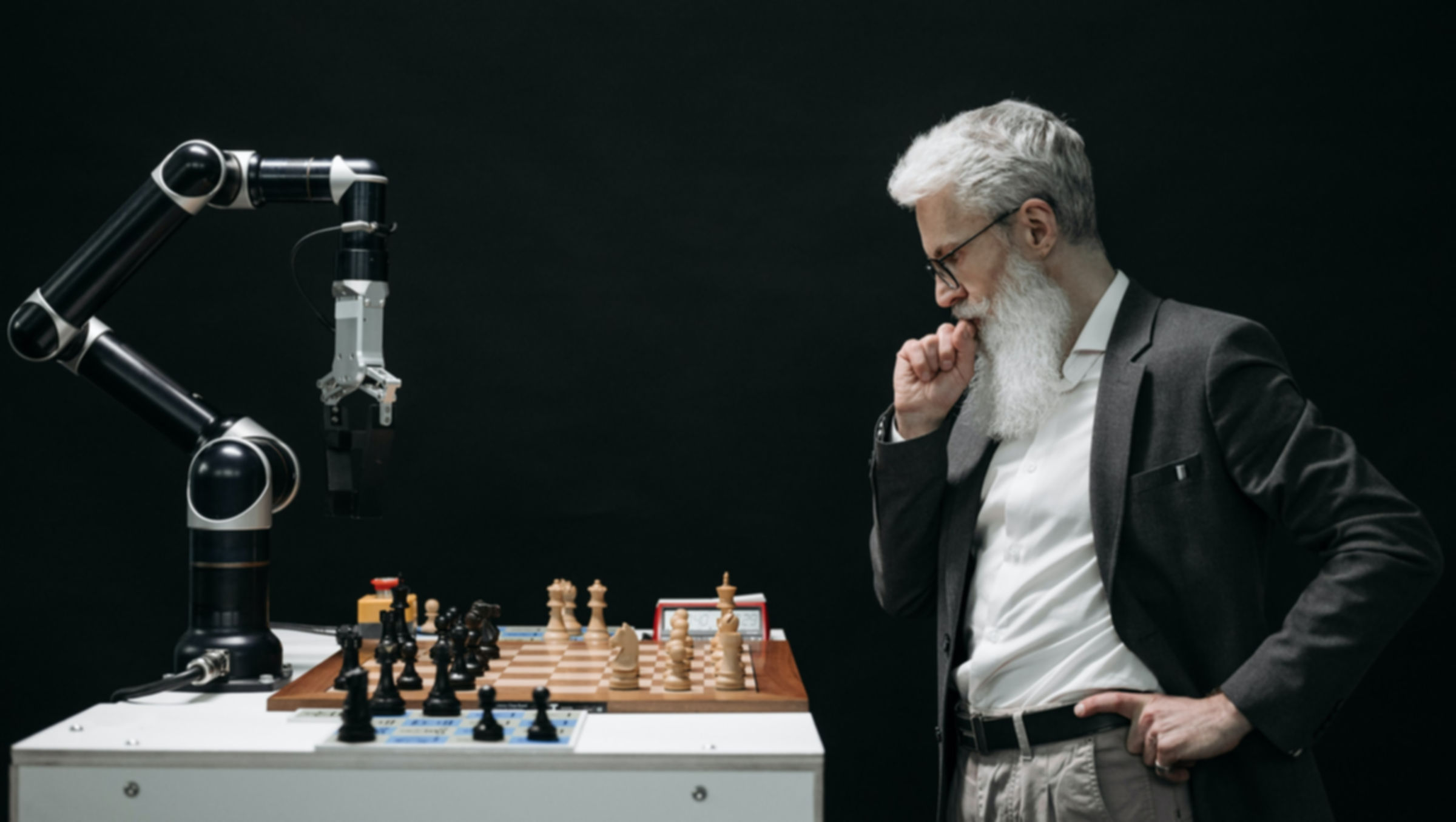
In this article, we spotlight eight remarkable innovators; each hailed at some point as the 'father' or 'godfather' of AI. We'll explore their groundbreaking contributions, profound impact, and some interesting facets of their lives. As you traverse through this AI hall of fame, you may decide who, in your opinion, deserves the crown of 'father of AI.
The Father of AI - 8 Artificial Intelligence Pioneers
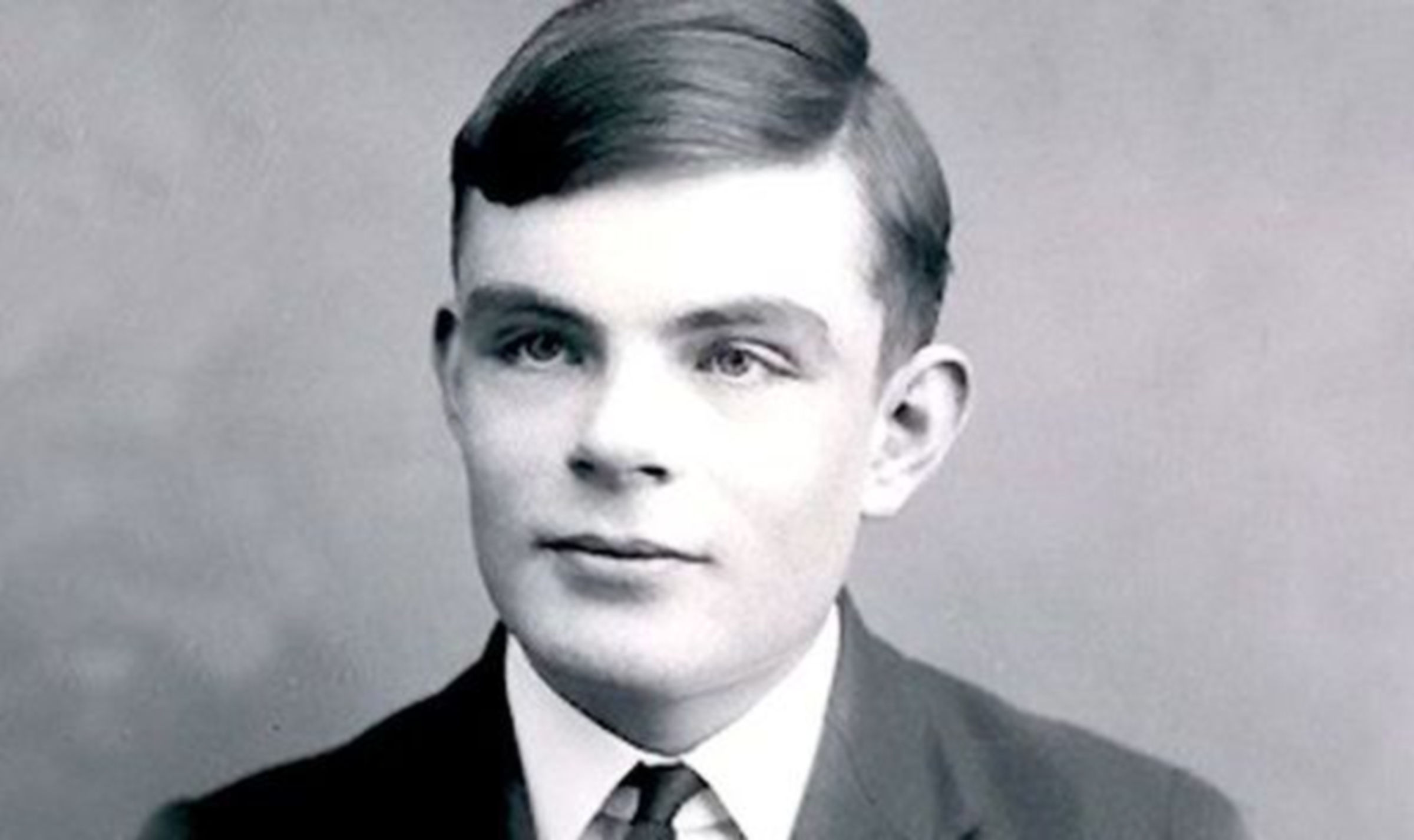
1 - Alan Turing (1912-1954)
Background
Born in London, England, Alan Turing displayed a strong aptitude for science and mathematics from an early age. He attended King's College, University of Cambridge, and Princeton University. Turing's work during World War II at Bletchley Park, where he developed the Bombe machine to decrypt the German Enigma code, is celebrated as a significant contribution to winning the war.
Contribution to AI
Alan Turing's work laid the foundation for the field of artificial intelligence in many ways:
- Turing Machine: Turing proposed the concept of a "universal machine" capable of computing any computable sequence. Today, we know this theoretical device as the Turing Machine, and it has formed the backbone of modern computing.
- Universal Machine: His concept of a universal machine— a device capable of mimicking the logic of any machine given the correct inputs and instructions—has profoundly influenced the design and functionality of today's computers.
- Turing Test: Turing also conceived a test to measure a machine's ability to exhibit intelligent behavior equivalent to or indistinguishable from a human's. This Turing Test is still a hot topic in the philosophy of artificial intelligence, sparking ongoing debates about the nature and potential of AI.
"We can only see a short distance ahead, but we can see plenty there that needs to be done." - Alan Turing
Impact
The theories and ideas put forth by Turing have been instrumental in shaping not just the field of artificial intelligence but computer science as a whole. His invention of the Turing Machine and the Universal Machine revolutionized our comprehension of computational processes. They were essential building blocks in creating the digital computers we use today.
Furthermore, the Turing Test, conceived by him, still plays a pivotal role in driving critical conversations around the possibilities of AI and machine intelligence. His invaluable work has received due recognition in the form of the "ACM A.M. Turing Award" - the highest honor in computer science, named to commemorate his legacy.
Interesting Fact
In addition to his groundbreaking work in computation, Turing had diverse interests and talents. Notably, he was a world-class marathon runner and nearly qualified for the British Olympic team in 1948.
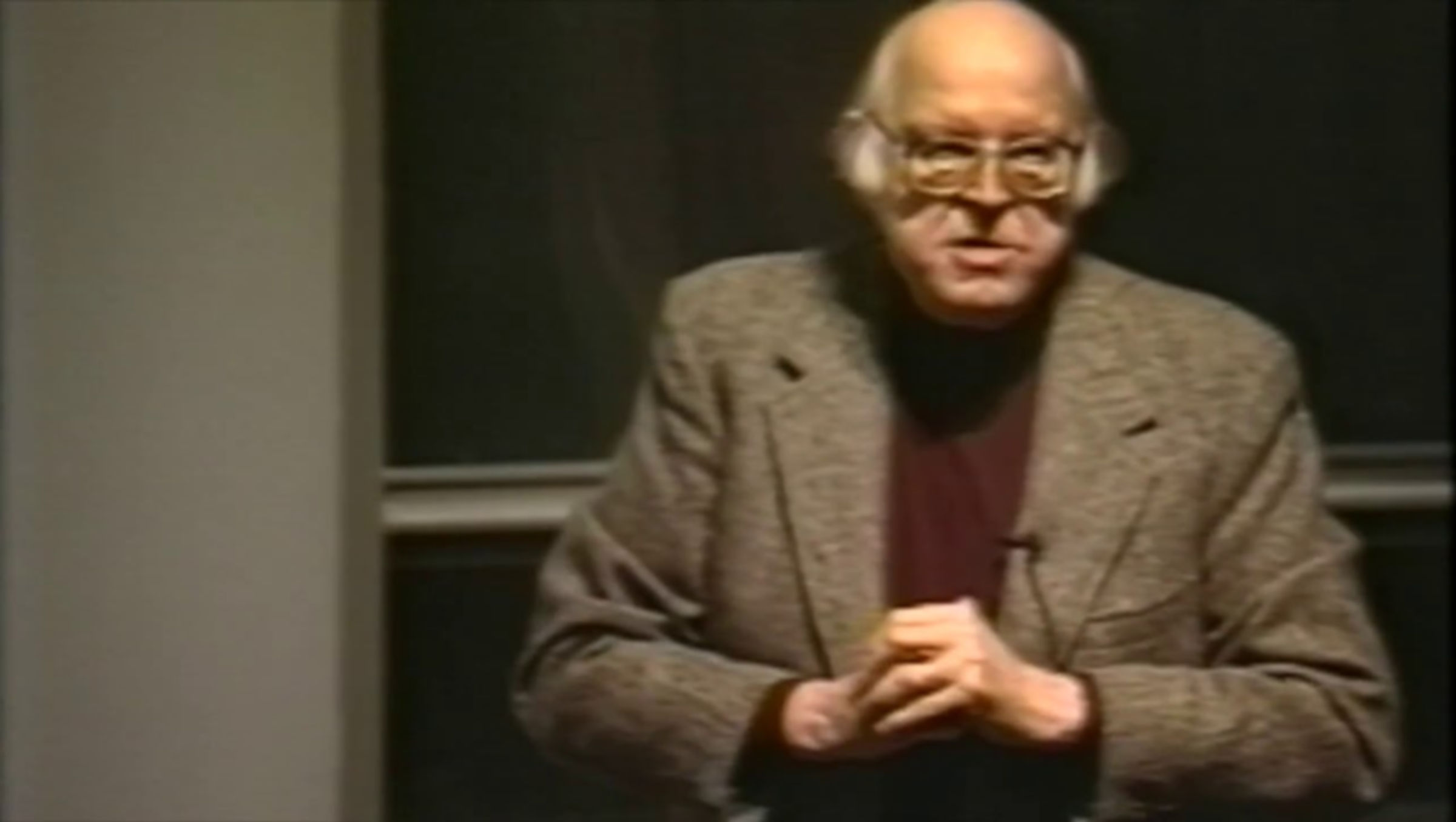
2 - Allen Newell (1927-1992)
Background
Born in San Francisco, California, Allen Newell was a pioneering computer scientist known for his extensive work in artificial intelligence and cognitive psychology. He earned his doctorate in Industrial Administration at Carnegie Institute of Technology (now Carnegie Mellon University), where he later held various academic positions and conducted his seminal research.
Contribution to AI
Allen Newell's influential work laid crucial groundwork for the evolution of artificial intelligence:
- Logic Theorist: Together with Herbert A. Simon, Newell developed the Logic Theorist, often recognized as the first artificial intelligence program which could mimic the problem-solving skills of a human being.
- General Problem Solver (GPS): Newell and Simon also co-developed the General Problem Solver, a computer program designed to imitate human thought processes. The GPS was groundbreaking because of its ability to address any problem that could be described in the form of a well-structured task.
- Unified Theories of Cognition: In his later years, Newell proposed that human cognitive behavior could be understood as a system governed by a few basic principles. This significant work attempted to bring all cognitive theories under a unified framework.
"Each new machine that is built is an experiment. Actually constructing the machine poses a question to nature; and we listen for the answer by observing the machine in operation and analyzing it by all analytical and measurement means available." - Allen Newell
Impact
Newell's pioneering work has profoundly impacted the study and development of artificial intelligence and cognitive psychology. His development of the Logic Theorist and General Problem Solver marked significant strides in AI's early days, exploring the potential of machines to mimic human thought processes.
Newell's unified theories of cognition provided a novel lens through which to study human understanding, influencing subsequent research in cognitive science. He has been recognized with the prestigious ACM A.M. Turing Award for his contributions to AI and psychology.
Interesting Fact
Allen Newell, known for his work on complex systems, was an enthusiastic sailor and would often draw parallels between the complexity of sailing and his work.
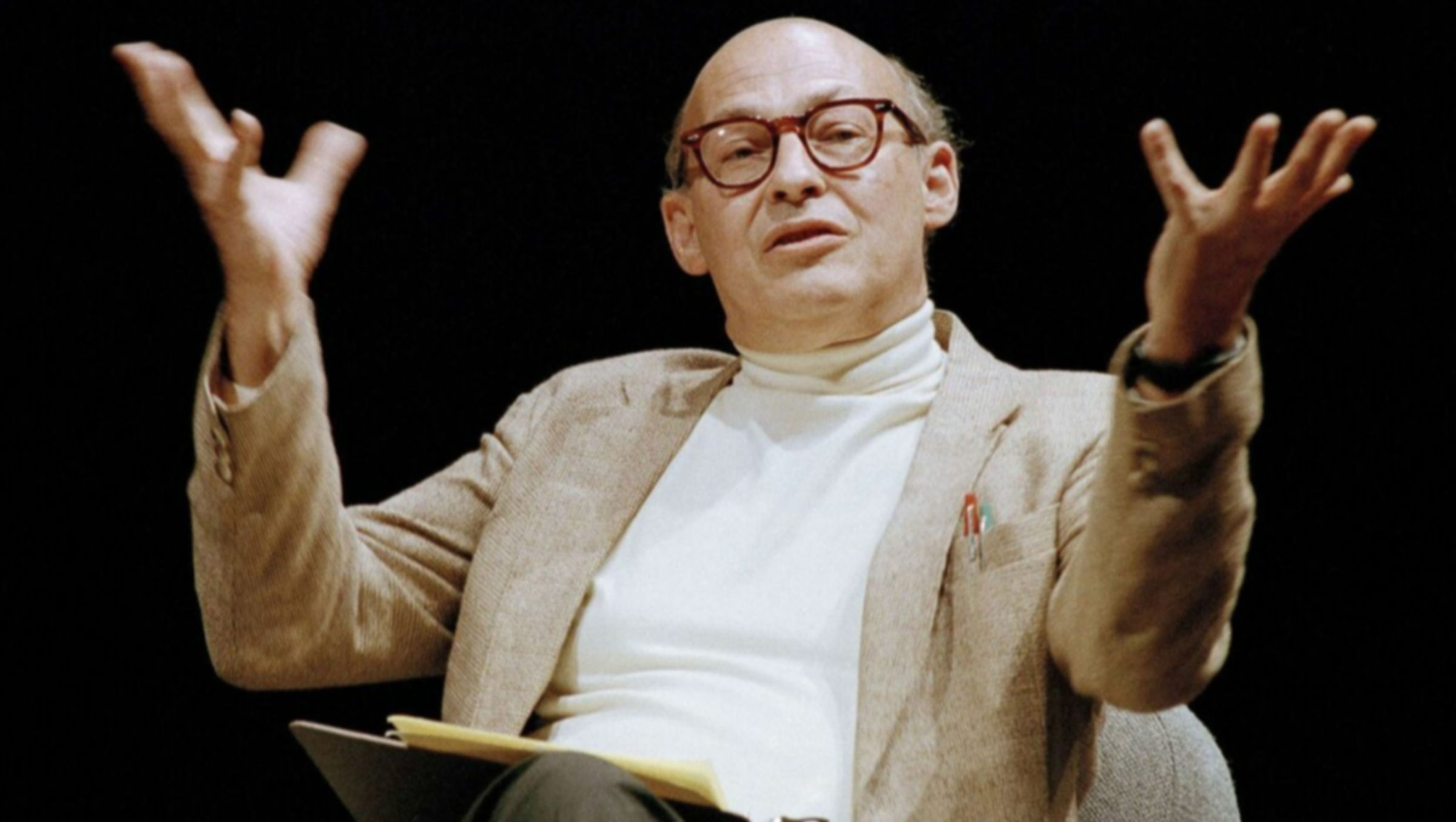
3 - Marvin Minsky (1927-2016)
Background
Born in New York City, Marvin Minsky was a pioneer in the field of artificial intelligence. He studied at Harvard University and later received his Ph.D. in mathematics from Princeton University. Minsky co-founded the Massachusetts Institute of Technology's Media Lab, where he made his most notable contributions to AI and cognitive psychology.
Contribution to AI
Minsky's seminal work has been instrumental in shaping the field of artificial intelligence:
- Artificial Neural Networks: Minsky was one of the earliest researchers of artificial neural networks. His book, "Perceptrons," co-authored with Seymour Papert, presented a comprehensive analysis of artificial neural networks. His exploration and scrutiny of their limitations were pivotal in developing multi-layer networks, now a fundamental component of modern machine learning.
- Frames: Minsky introduced the concept of "frames" as data structures for representing stereotypical situations in AI. This concept underpins many natural language processing, robotics, and computer vision systems, facilitating more efficient information processing.
- Society of Mind: In his book, "Society of Mind", Minsky proposed a model for how human intelligence might be produced by the interaction of non-intelligent parts. This theory continues to inspire AI research, contributing to developing models that attempt to mimic human cognition for problem-solving.
"You don't understand anything until you learn it more than one way." - Marvin Minsky
Impact
Minsky's theoretical contributions significantly impacted the understanding and development of artificial intelligence. His early work on artificial neural networks laid the groundwork for much of today's machine-learning field. The concept of frames has influenced natural language processing, robotics, and computer vision.
Minsky's book, "Society of Mind," continues to inspire researchers interested in understanding intelligence's complex nature. Minsky was honored with the ACM A.M. Turing Award, recognizing his pioneering work in AI.
Interesting Fact
Aside from his scientific pursuits, Minsky was a talented pianist and invented several musical instruments, including a pioneering synthesizer called the "Triadex Muse".
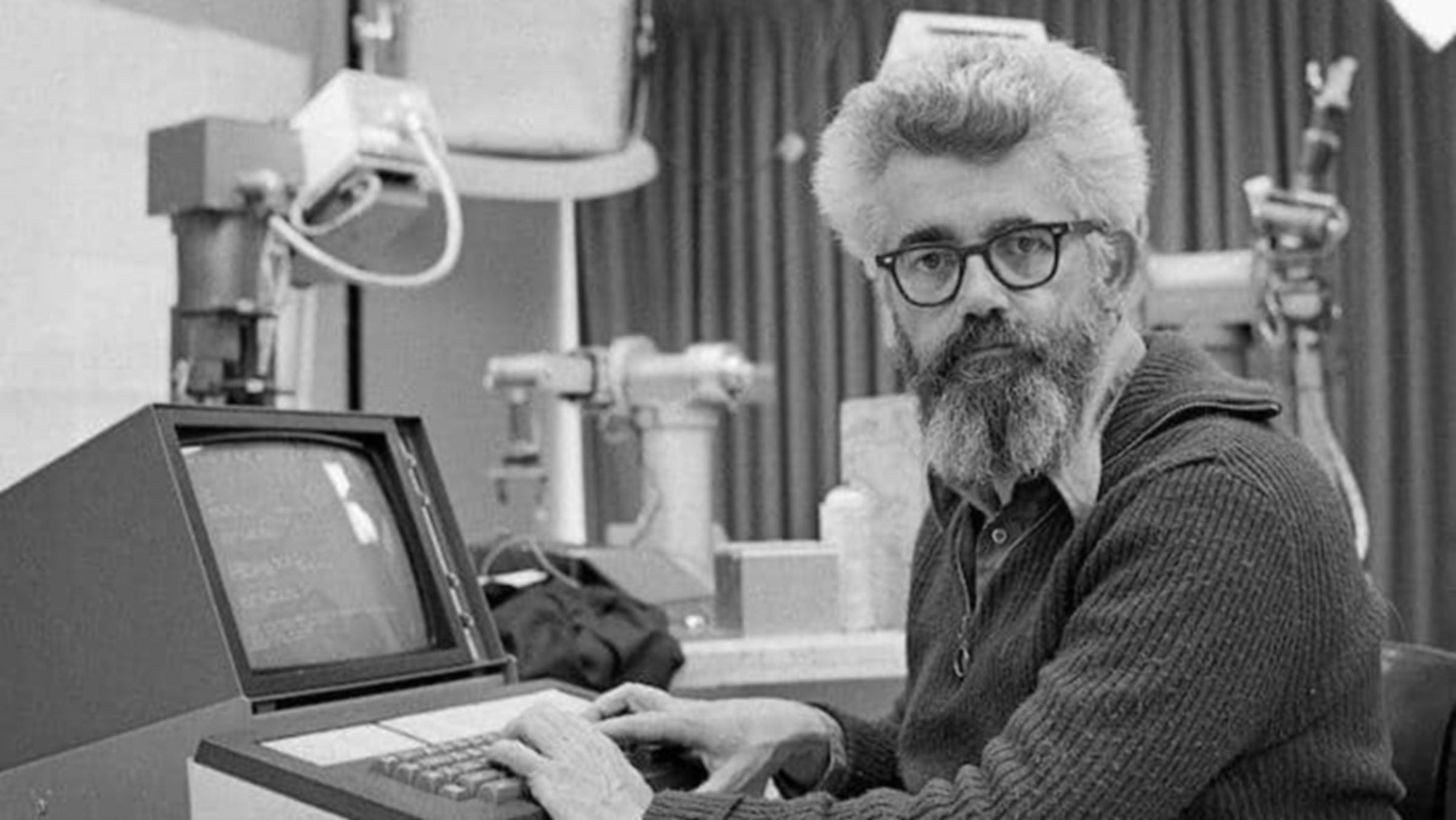
4 - John McCarthy (1927-2011)
Background
John McCarthy, an American computer scientist, was born in Boston, Massachusetts. He studied mathematics at the California Institute of Technology and Princeton University, where he earned his Ph.D. McCarthy made significant contributions to the field of artificial intelligence during his time at Stanford University, where he founded the Stanford AI Lab.
Contribution to AI
McCarthy's endeavors have been instrumental in AI's evolution:
- LISP Programming Language: McCarthy developed LISP, the second-oldest high-level programming language that's still in use today. LISP is widely used in AI for its unique features, such as tree data structures, dynamic typing, and the ability to treat code as data.
- Coined the term 'Artificial Intelligence': McCarthy is credited for first using the term 'artificial intelligence' in 1956, and he was one of the organizers of the Dartmouth Conference, which was crucial in establishing AI as a field of research.
- Time-Sharing Systems: He played a crucial role in developing time-sharing systems, which allow multiple users to use a computer simultaneously.
"The study is to proceed on the basis of the conjecture that every aspect of learning or any other feature of intelligence can in principle be so precisely described that a machine can be made to simulate it." - John McCarthy
Impact
McCarthy didn't just contribute to the field of AI - he helped define it. The creation of the LISP programming language became a cornerstone for AI research. At the same time, his coining of the term 'artificial intelligence' and subsequent organization of the Dartmouth Conference gave birth to AI as a distinct field of study.
Moreover, McCarthy's work on time-sharing systems charted a new course for the progression of computer technology. His innovations were aptly recognized when he received the prestigious ACM A.M. Turing Award.
Interesting Fact
McCarthy had a strong interest in space travel and exploration. Upon retiring from Stanford, he wrote and occasionally lectured on the feasibility of human interstellar travel.
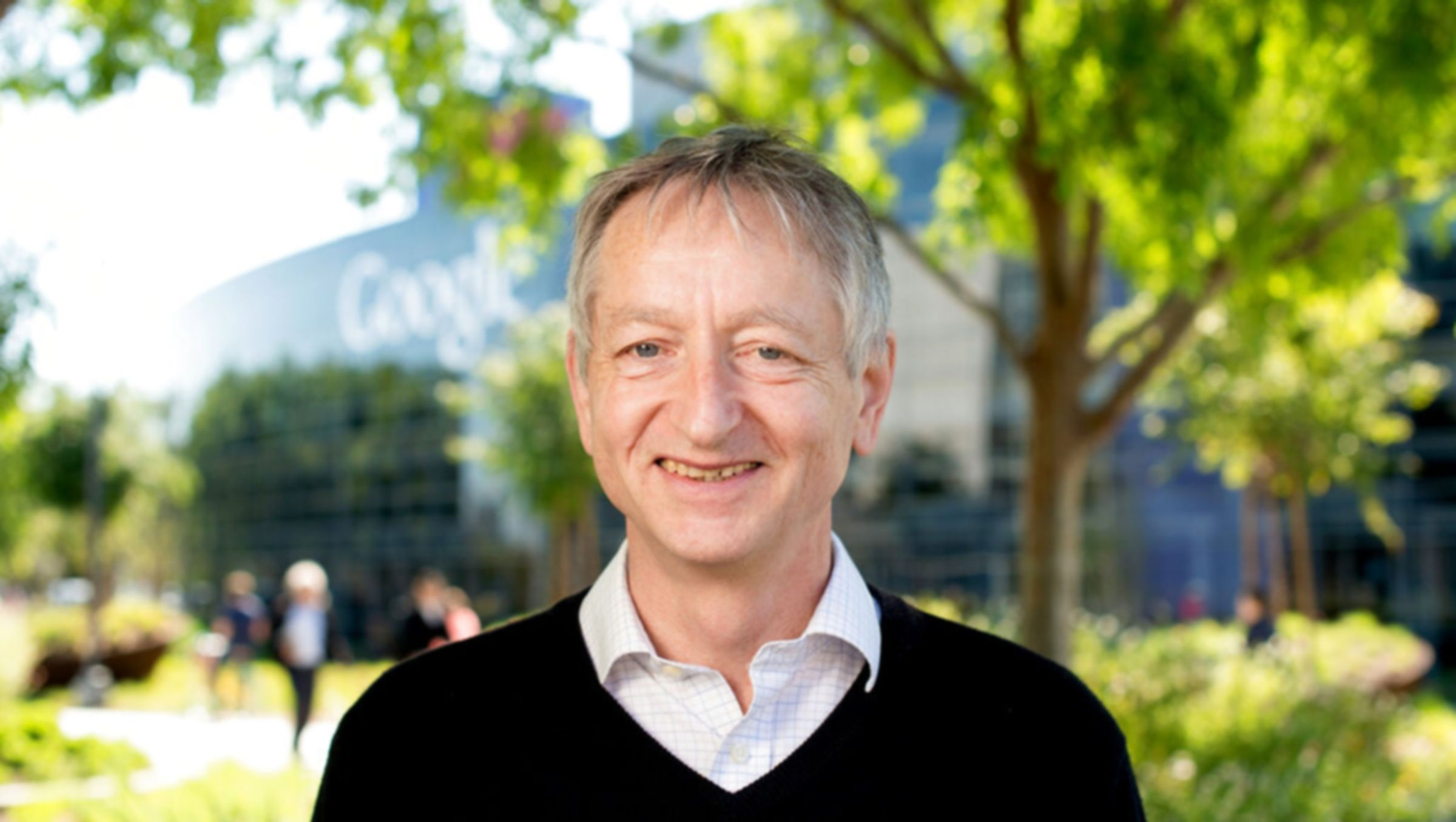
5 - Geoffrey Hinton (1947 - Present)
Background
Geoffrey Hinton, an English Canadian cognitive psychologist and computer scientist, was born in Wimbledon, London. He received his education from King's College, Cambridge, and the University of Edinburgh, where he earned his Ph.D. Hinton has made significant strides in the field of artificial intelligence, specifically in machine learning and neural networks, during his tenure at the University of Toronto and Google.
Contribution to AI
Geoffrey Hinton's pivotal work in artificial intelligence centers on:
- Backpropagation: Alongside his colleagues, Hinton developed a fast, practical method to train multi-layer neural networks, widely known as backpropagation. Today, backpropagation is the standard algorithm for training a wide array of machine learning models, making tasks such as image and speech recognition more efficient and effective.
- Deep Learning: Hinton has been instrumental in developing and advancing deep learning, a subset of machine learning involving neural networks with several layers. His pioneering work has driven many recent advancements in AI, enabling machines to process and learn from large quantities of data in ways that mimic human cognitive processes.
- Boltzmann Machines: Hinton co-invented Boltzmann machines, a type of stochastic recurrent neural network. These are often used in optimization problems and have influenced the design of more sophisticated machine learning models, contributing to areas such as recommender systems and image recognition.
"Early AI was mainly based on logic. You're trying to make computers that reason like people. The second route is from biology: You're trying to make computers that can perceive and act and adapt like animals." - Geoffrey Hinton
Impact
Hinton's work has revolutionized the field of artificial intelligence, establishing neural networks as a cornerstone of contemporary AI research. His practical development of backpropagation transformed how we train neural networks, unlocking new possibilities in fields ranging from natural language processing to autonomous vehicles.
Hinton's foundational contributions to deep learning have powered many advancements, from speech recognition systems to medical diagnostics tools, truly reshaping our interaction with technology. His trailblazing efforts were internationally acknowledged when he was awarded the prestigious ACM A.M. Turing Award, an honor he shared with his esteemed colleagues Yoshua Bengio and Yann LeCun.
Interesting Fact
Hinton hasn't sat down since 2005 due to chronic back problems. Despite this, he's continued his influential work in AI, often while standing or lying down. This adjustment extends even to his meals, which he typically takes while kneeling on a cushion.
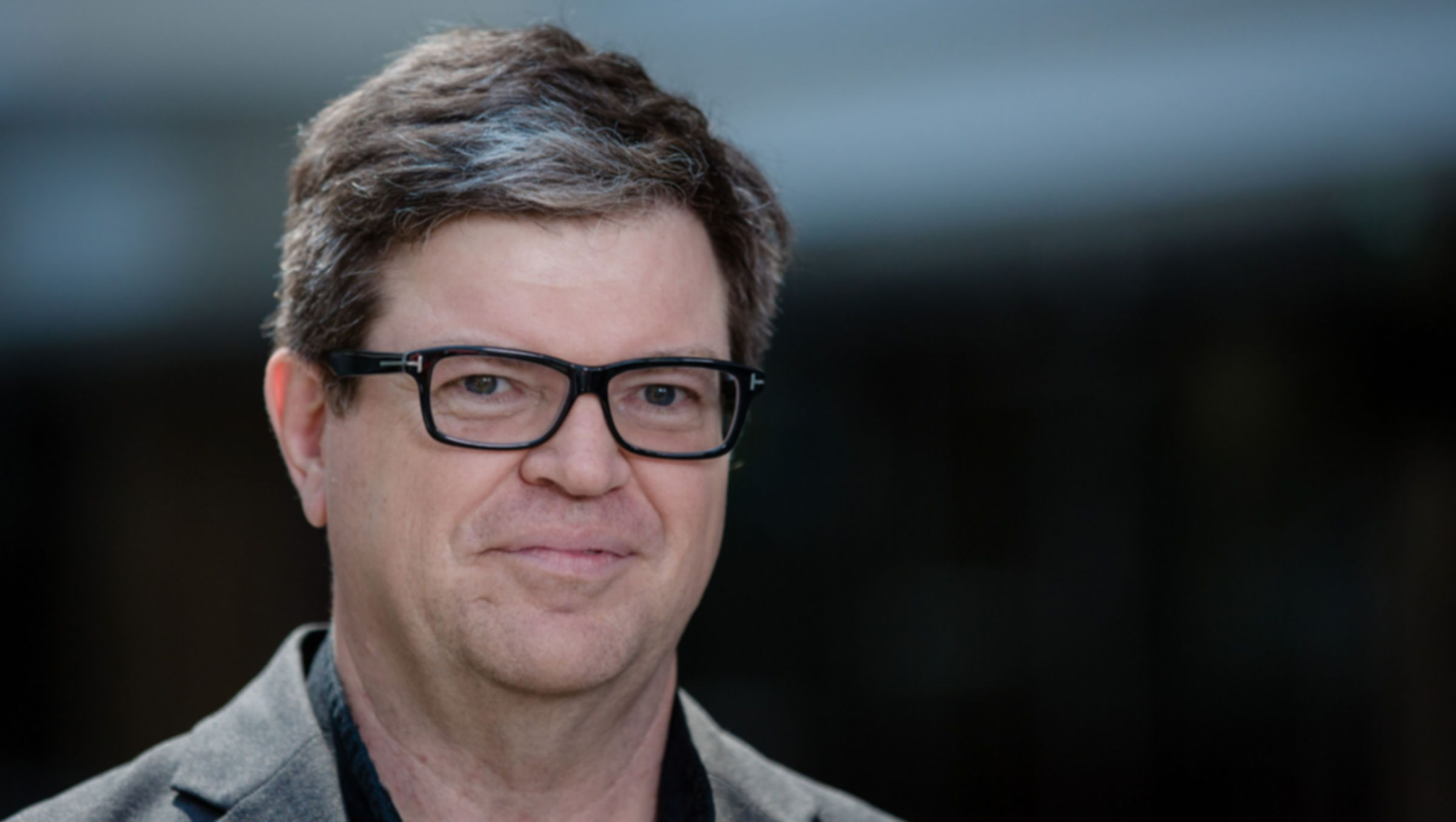
6 - Yann LeCun (1960 - Present )
Background
Born in Paris, France, Yann LeCun's fascination with AI emerged during his electrical engineering and computer science studies. His trailblazing career has spanned both academia and industry, including impactful tenures at the prestigious Bell Labs and the University of Toronto. Known for his innovative thinking and technical leadership, LeCun continues to make waves as the Chief AI Scientist at Facebook, shaping the social media giant's approach to AI and machine learning.
Contribution to AI
Yann LeCun has significantly contributed to the field of artificial intelligence in several ways:
- Convolutional Neural Networks (CNNs): LeCun developed the Convolutional Neural Network (CNN), a class of deep, feed-forward artificial neural networks most commonly applied to analyzing visual imagery. Today, CNNs are fundamental in the realm of image and video processing.
- Backpropagation: Along with Geoffrey Hinton and others, LeCun popularized and developed the backpropagation algorithm. Now a cornerstone of neural network training, backpropagation is pivotal to many contemporary AI applications, from voice recognition and recommendation systems to autonomous vehicles.
- LeNet-5: LeCun introduced LeNet-5, a pioneering 7-level convolutional network for recognizing handwritten and machine-printed characters. This technology is now ubiquitous, underpinning modern optical character recognition and image classification software.
"Our intelligence is what makes us human, and AI is an extension of that quality. Artificial intelligence is extending what we can do with our abilities. In this way, it’s letting us become more human" - Yann LeCun
Impact
LeCun's work on Convolutional Neural Networks and backpropagation has proven foundational to many modern AI systems, particularly in the field of image recognition. His LeNet-5 model spurred a revolution in digital document processing and set a new precedent for machine learning architecture. His significant contributions to the field were recognized when he shared the ACM A.M. Turing Award with Geoffrey Hinton and Yoshua Bengio.
Interesting Fact
LeCun likes to build and fly model airplanes. He has a blog and a picture gallery where he talks about his miniature flying contraptions, techno toys, and music(there is even a few MP3 samples of his music on the blog).
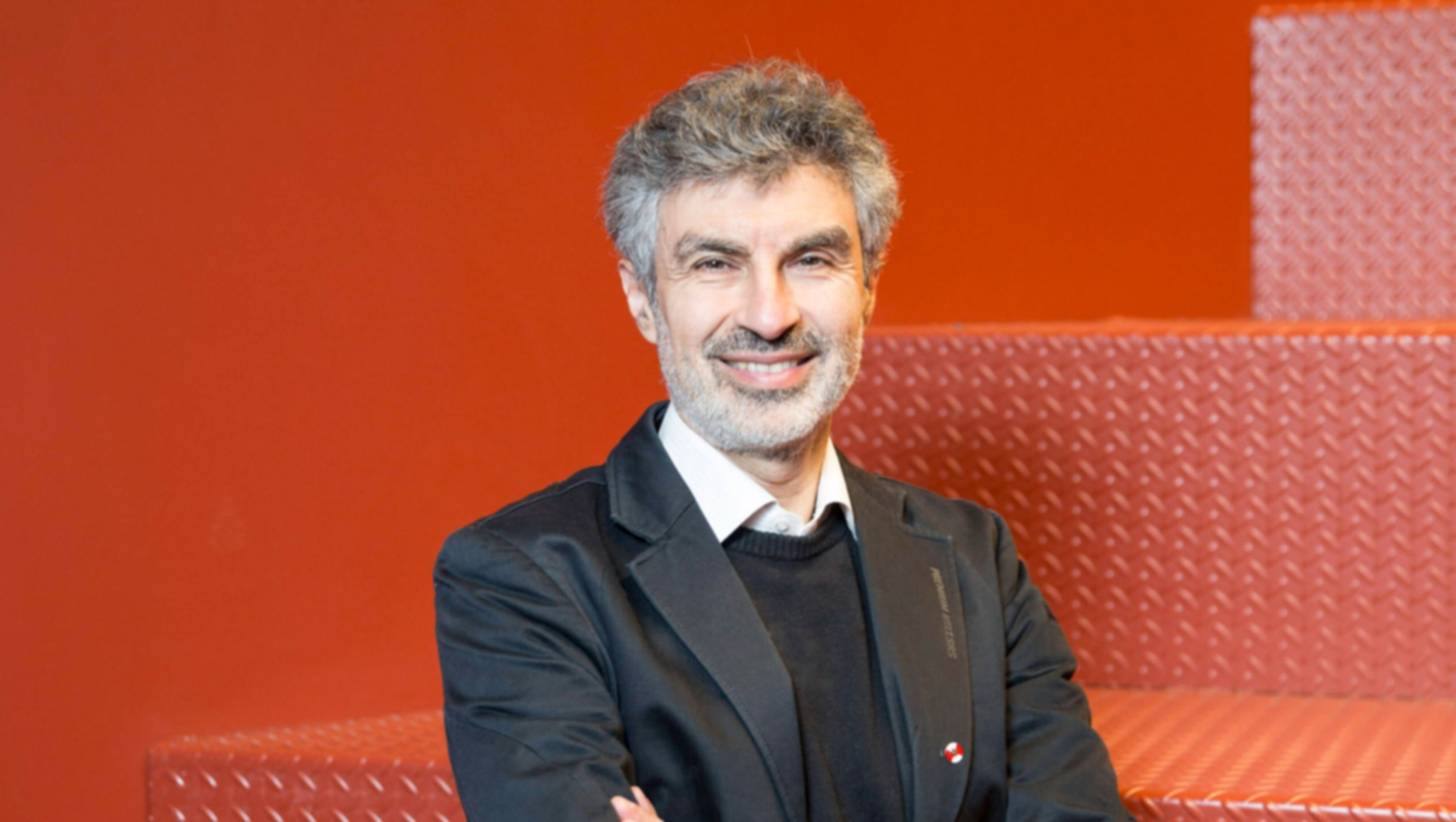
7 - Yoshua Bengio (1964 - Present )
Background
Born in Paris, France, Yoshua Bengio grew up in a household that nurtured his intellectual curiosity. His academic journey led him to Montreal, Canada, where he pursued a Ph.D. in Computer Science at McGill University. Bengio is a renowned academic and researcher, with his career primarily based at the University of Montreal, where he heads the Montreal Institute for Learning Algorithms.
Contribution to AI
Yoshua Bengio's seminal contributions to artificial intelligence include the following:
- Deep Learning: With his colleagues Geoffrey Hinton and Yann LeCun, Bengio has developed and advanced deep learning, transforming how machines interpret and learn from complex datasets. Today, this subfield of machine learning underpins numerous applications, from speech recognition to image analysis.
- Probabilistic Models: Bengio's work on probabilistic models, which quantify the uncertainty of predictions, has significantly enhanced machine learning methodologies, leading to more effective and nuanced AI systems. Today, these probabilistic models play a critical role in diverse fields such as finance, where they are used for risk assessment and price prediction, healthcare for diagnostic and prognostic purposes, and even in autonomous driving, where they help make reliable decisions based on sensor data.
"The value of AI in the workplace goes beyond automation. It is about augmenting human intelligence, enabling workers to make better decisions, and fostering a culture of innovation and creative problem-solving." - Yoshua Bengio
Impact
Bengio's pioneering work has triggered a significant paradigm shift in AI and machine learning, with deep learning techniques transforming areas such as natural language processing, computer vision, and speech recognition.
Bengio's research on probabilistic models and neural network architectures has introduced innovative approaches to machine learning, inspiring numerous researchers and revolutionizing AI-powered technologies used today. His profound influence earned him, along with Geoffrey Hinton and Yann LeCun, the prestigious ACM A.M. Turing Award, cementing his position as a trailblazer in AI.
Interesting Fact
Bengio's brother, Samy Bengio, is the Senior Director of AI and Machine Learning Research at Apple and, before Apple, spent many years as a scientist at Google, where he was one of the early leaders of the Google Brain research team.
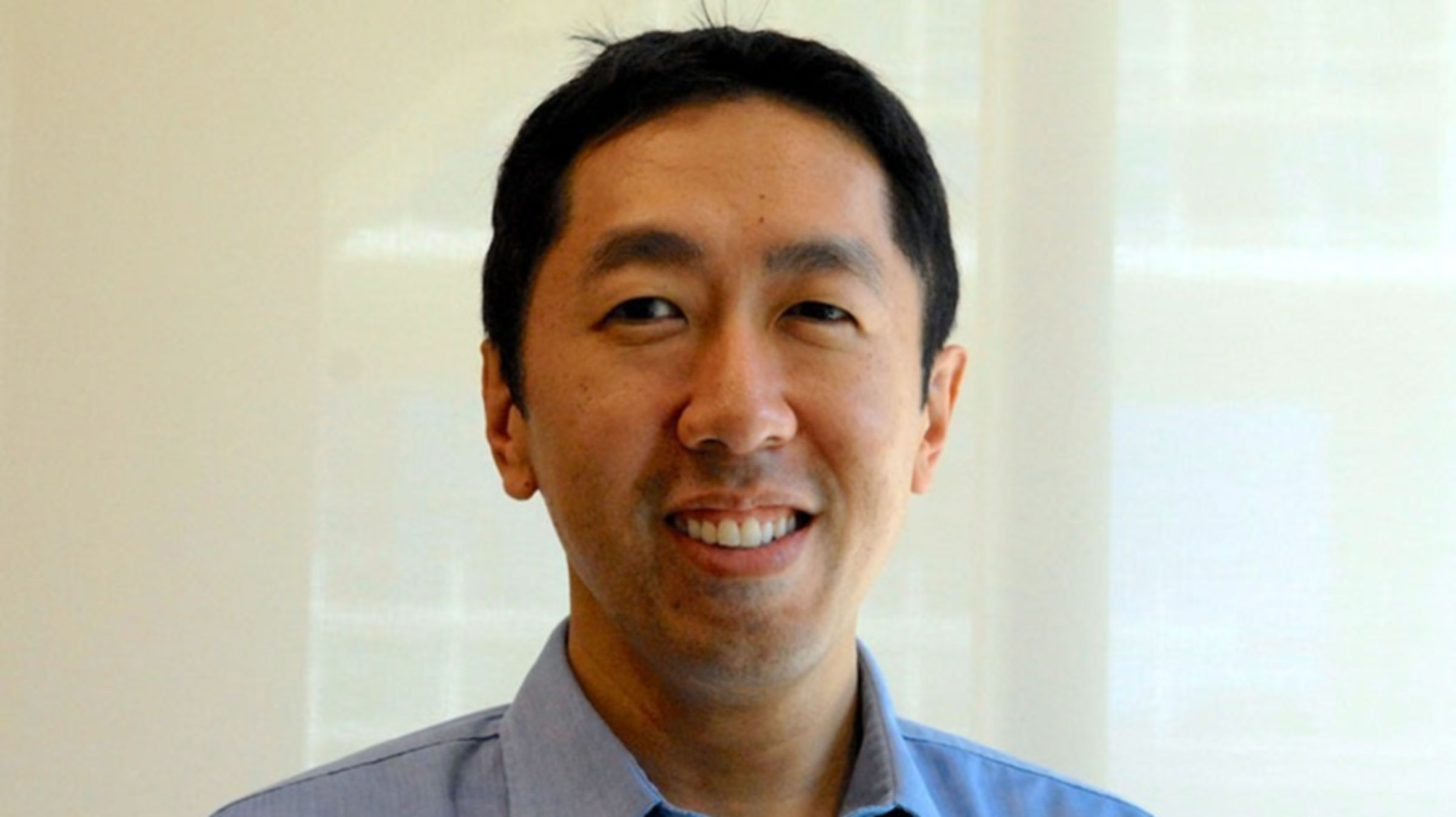
8 - Andrew Ng (1976 - Present)
Background
Born in the United Kingdom, Ng is one of the most influential figures in modern artificial intelligence. Ng studied Computer Science at Carnegie Mellon University for his bachelor's degree. He later obtained his master's degree from the Massachusetts Institute of Technology (MIT). He completed his Ph.D. in Computer Science at the University of California, Berkeley. Ng has held prominent positions at Stanford University, Google, and Baidu.
Contribution to AI
Andrew Ng's work continues to shape the landscape of artificial intelligence:
- Deep Learning: Ng has significantly contributed to deep learning, a subset of machine learning involving artificial neural networks with multiple layers. His leadership of the Google Brain project, which developed large-scale artificial neural networks, resulted in a notable milestone: a network that taught itself to recognize cats in videos.
- Stanford Artificial Intelligence Laboratory (SAIL): As the director of SAIL, Ng broadened the lab's research focus to include deep learning and its applications, thus advancing the broader use of AI technologies.
- Massive Open Online Courses (MOOCs): Ng co-founded Coursera, a popular online learning platform. He also developed one of the first massive open online courses (MOOCs) on machine learning, introducing AI and machine learning to millions of students worldwide.
"We're making this analogy that AI is the new electricity. Electricity transformed industries: agriculture, transportation, communication, manufacturing. I think AI is poised to do the same." - Andrew Ng
Impact
Ng's pioneering work in AI and machine learning has significantly influenced these fields. His work on Google Brain showcased the vast potential of deep learning. At the same time, his commitment to open-access education has democratized knowledge and catalyzed the growth of AI talents worldwide.
Under Ng's direction, Stanford's AI Lab has become a hub for innovative deep learning and AI research. His role at Baidu, China's largest search engine, has also enabled significant advances in practical AI applications. His contributions have brought AI technologies closer to everyday use, affecting industries as varied as healthcare, transportation, and entertainment.
Interesting Fact
Ng deeply appreciates the arts and the creativity of artistic pieces and performances. His mother ran arts festivals when he was growing up and frequently brought Ng and his brother to musical concerts, opera, and the theater, which fueled his lifelong interest.
The Final Word
It's clear that each of these eight figures, in their unique way, has left an indelible mark on the landscape of artificial intelligence. Their revolutionary ideas and inventions have fundamentally reshaped our world, enabling the AI-driven technologies that amaze us today.
So, who is the real 'father' or 'godfather' of AI? As we've seen, it's not about crowning a single person but about acknowledging a relay of remarkable minds. This succession of intellects, these pioneers pushing boundaries and daring to dream, has birthed the AI age.
As we wrap up, remember this is just the beginning. The field of AI continues to grow, evolve, and surprise us. So, stay curious, and stay engaged.

